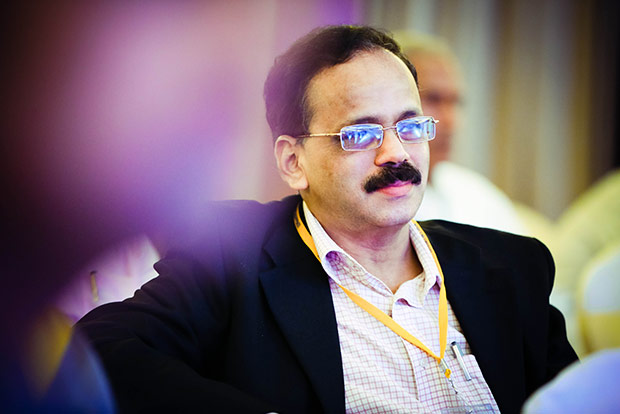Begin typing your search...
Kollywood can’t go wrong if it goes directly to market
Popular distributor ‘Tirupur’ Subramaniam dropped a bombshell when he declared last week that most of the big budget films released since last year were commercial failures for distributors.

Chennai
Dhananjayan demanded reduction in film costs and distribution rights or advised producers to release on their own to set right the situation. Due to high cost of big artiste films, the distribution rights are sold at higher prices for each territory by creating good buzz through smart marketing.
Trusting the buzz, distributors end up competing with each other and pay higher ‘minimum guarantee’ (MG) to producers. When the film does not meet the expectations of audience, distributors end up losing heavily against the MG paid. It is this reason, the recent big films ended up losing 35 – 40% to distributors, who are now crying foul play by producers.
Superstar Rajinikanth set the trend for his own production Padayappa (1999) by releasing it directly in Tamil Nadu. It was the first Tamil film which did not involve any distributor and was released directly in theatres. It was a blockbuster and made money for both Rajinikanth and exhibitors.
However, based on this success, his next film Baba (2002) was sold to distributors at a record price, which did not recover their investment. Hence, Rajini had refunded the losses to distributors and set a new trend. It has then become a practice and distributors started demanding refund whenever they lost on their MGs and hence there were controversies around distribution losses of Rajini’s Linga (2014).
Padayappa ’s distribution method is the best for big budget films as by going direct, the producers can demand higher share of revenues from theatres and monitor the progress of the film directly.
Though by selling on MGs, producer might mitigate financial risk, it is only temporary as when the film fails to recover, the same distributors are going to knock on doors and demand refund for their losses.
The distribution federation, based on huge losses from recent films set a guideline that distributors shall bear 10% of the losses and the balance 90% must be refunded by the producer. If this practice is going to be followed rigidly, then there is no point in engaging distributors and best strategy is to go direct and release films without distributors.
If the need is to sell the rights on MG, then films must be shown to distributors to bring in their ownership. Medium and small budget films are viewed by distributors and only when satisfied with film’s appeal, distribution rights are bought on MG or advance basis.
Hence, risks in such cases are mitigated. However, in case of big budget films, distributors buy films on the basis of trust/ pre-release buzz, which is not delivering in most cases. To minimize risk, distributors should buy rights of big budget films, only after viewing them as it was in the past and not blindly gamble.
If this is followed, distributors would have no moral right to demand any refund if the film loses on release. A case study of blind belief not working in film distribution was a new distributor, who has bought Tamil Nadu rights for Pichaikkaran, made good money.
Believing that his instincts on films are working, the team next bought distribution rights of Iraivi at a high price and ended up losing heavily. One must remember that no one has cracked the distribution model especially those who take the risk without viewing the film.
Distributors must remember that producers are also banking on their filmmakers and investing and hence instead of coming back when they lose money, must take all the precautions before investing in a film.
If that is not possible, avoid such gambling and go for small and medium budget films, which can be viewed and then bought. A balanced approach towards the business of distribution shall ensure long term survival and success for both producers and distributors.
The writer is Film Producer, National Award Winning Author, Column ist and Founder-Dean of BOFTA Film Institute in Chennai.
Visit news.dtnext.in to explore our interactive epaper!
Download the DT Next app for more exciting features!
Click here for iOS
Click here for Android
Next Story



